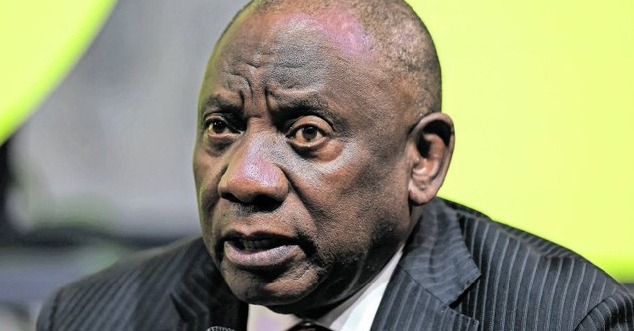South African President Cyril Ramaphosa has demonstrated unwavering resolve following the African National Congress’s (ANC) worst electoral performance in decades, losing its long-held parliamentary majority. The ANC, which has governed South Africa since the end of apartheid, garnered just over 50% of the vote in the recent general elections—a stark departure from its historic dominance.
This significant decline has triggered intense introspection within the party and raised questions about the future of South Africa’s political landscape. Despite mounting pressure, Ramaphosa remains steadfast, framing the election results as a pivotal moment of reckoning for the ANC.
Acknowledging the challenges ahead, Ramaphosa has called for the party to refocus on the concerns of ordinary South Africans. He has pledged to continue governance reforms and address pressing issues with urgency. “We must listen to the people and respond decisively,” he stated, emphasizing priorities such as economic recovery, tackling corruption, and stabilizing state institutions.
Ramaphosa has also reiterated his commitment to job creation, youth empowerment, and improving healthcare, promising to drive change even with a reduced mandate. The president sees the setback as an opportunity to revitalize the ANC and restore trust among voters through tangible action.
Critics, however, view the ANC’s declining support as a reflection of widespread dissatisfaction with its governance. Some question whether Ramaphosa’s leadership alone can reverse the party’s fortunes, citing deep-rooted challenges that go beyond one individual’s efforts.
Despite this skepticism, Ramaphosa’s pragmatic approach has been noted, including his willingness to engage with opposition parties and consider coalition arrangements. This adaptability underscores his determination to navigate South Africa’s evolving political dynamics while pursuing his reformist agenda.
In the face of adversity, Ramaphosa’s resolve to rebuild the ANC and restore confidence in the country’s democratic system highlights his leadership during a critical juncture in South Africa’s history. Whether his efforts will be enough to rejuvenate the ruling party and address the nation’s challenges remains to be seen, but his resilience offers a glimmer of hope for supporters and critics alike.






















